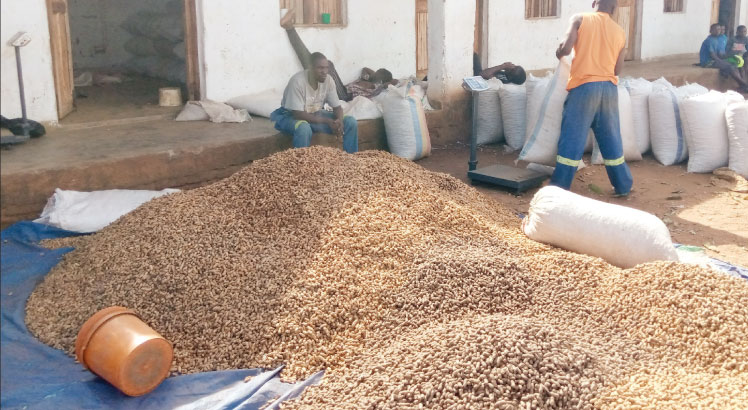Inflation rate averages 8.7% in 11 months
Malawi’s year-on-year headline inflation has averaged 8.7 percent between January and November this year, way below the average price recorded during the same period last year.
Our calculation using figures compiled by the National Statistical Office indicates that at 8.7 percent average inflation in 11 months, the rate is 1.5 percentage points lower than the 10.2 percent average rate attained between January and November 2019.

The moderation in the rate of inflation in 2020 is good news to both monetary and fiscal authorities as well as consumers as it augurs well with inflation projection by the Reserve Bank of Malawi (RBM).
The central bank is keeping its fingers crossed to attain average headline inflation of 8.6 percent at the end of this year, implying a downward revision of 1.2 percentage points from the third 2020 Monetary Policy Committee (MPC) projection of 9.8 percent.
The declining trend means that consumers are enjoying a relatively higher purchasing power on the market than the same period last year.
Economist Gowokani Chijere-Chirwa, who teaches economics at Chancellor College—a constituent college of the University of Malawi, yesterday observed that the moderation in food inflation is primarily reflective of improved production of maize during the 2019/20 agricultural season coupled with subdued industrial demand for maize amid the Covid-19 pandemic.
He said: “Headline inflation has decelerated over 2020 and this is mainly due to lower food and non-food inflation.
“However, maize prices are increasing at the moment if you go to the market and as we go into the lean season. In addition, the recent fuel price increase will also inevitably exert inflationary pressures on the market.”
A November 2020 MPC report said that inflationary pressures were expected to intensify in the second half of 2020 on account of rising global oil prices; a gradual pick-up in food prices; exchange rate depreciation; supply bottlenecks; and increased public sector financing requirements.
RBM Governor Wilson Banda said in an earlier interview that the central bank remains committed to ensuring macroeconomic stability to make the country more attractive to inward foreign investment.
A latest Malawi Economic Monitorproduced by the World Bank said that food inflation rate has started picking up as market demand for maize increases, accelerating to 10.9 percent in October 2020.





